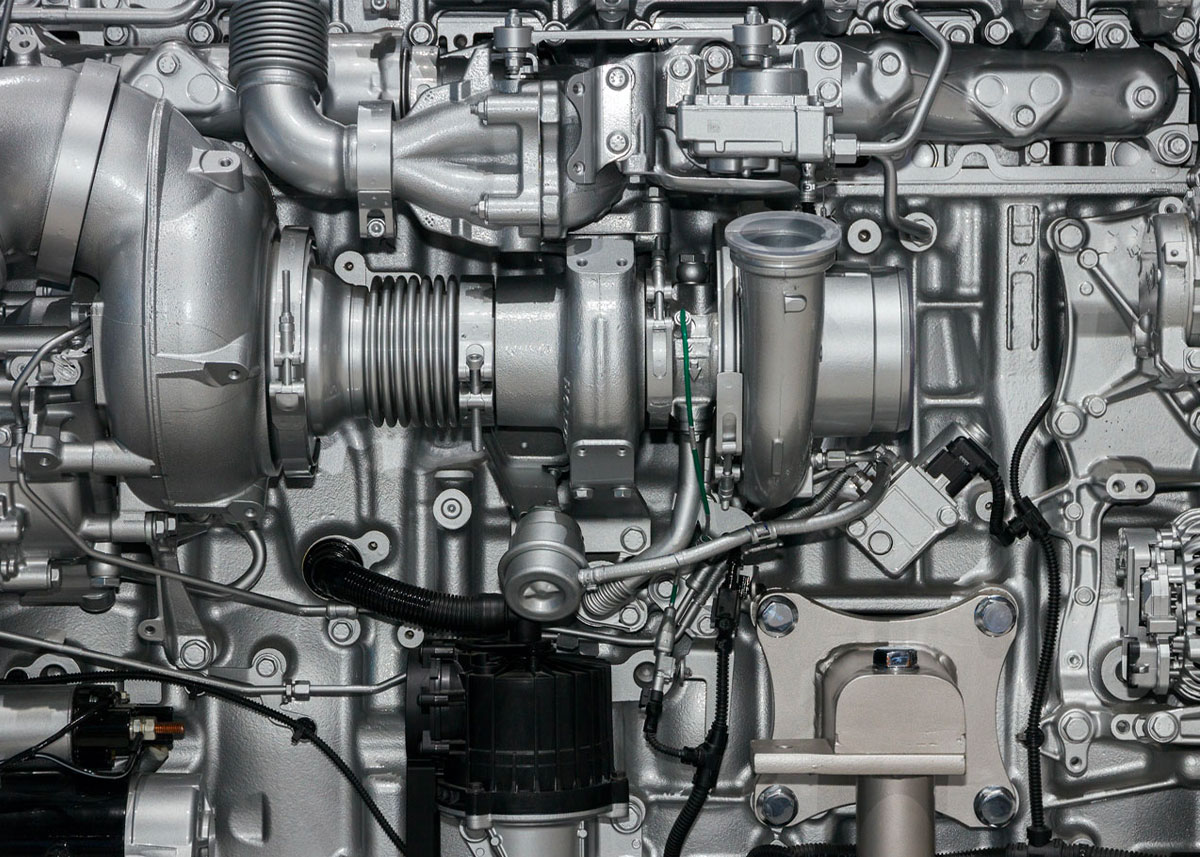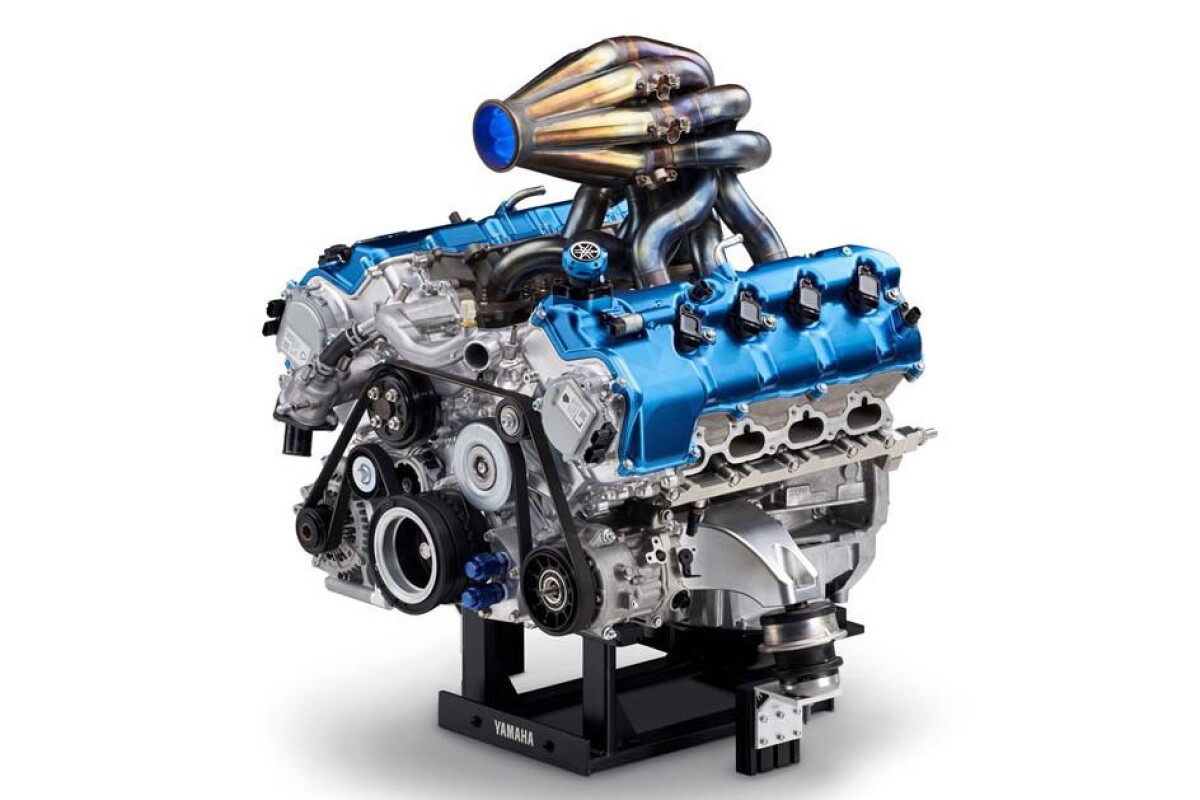Discover a Wide Variety of Engines for every single Lorry and Objective
The auto landscape is significantly complex, with a varied array of engine types developed to satisfy particular efficiency and effectiveness requirements throughout numerous vehicle categories. Additionally, sturdy engines serve the demands of work vehicles, while eco-friendly choices are gaining traction in the quest of lasting transportation.
Kinds Of Automotive Engines
Automotive engines can be classified into numerous distinct types, each designed to meet certain efficiency and effectiveness requirements. One of the most usual categories include inner combustion engines, electrical engines, and crossbreed systems.

Electric engines, on the various other hand, operate electrical power saved in batteries, offering instant torque and zero discharges. These engines are coming to be significantly prominent because of improvements in battery modern technology and the expanding emphasis on sustainability.
Hybrid systems integrate both inner combustion and electric engines, making it possible for lorries to enhance fuel effectiveness and decrease discharges by effortlessly switching between source of power. Each engine kind offers its advantages and negative aspects, affecting aspects such as car design, intended usage, and market demand. Recognizing these distinctions is important for suppliers and consumers alike when selecting the suitable engine for their certain requirements.
Efficiency Engines for Sports Cars
Performance engines for sports autos are particularly crafted to deliver improved dexterity, power, and speed, establishing them in addition to common auto engines. These engines frequently utilize innovative modern technologies such as turbocharging, turbo charging, and variable valve timing to make the most of efficiency and responsiveness.
Generally, performance engines are designed with greater compression ratios, which allow for better energy removal from gas. This causes impressive horse power and torque figures, enabling rapid velocity and greater top rates. The lightweight materials utilized in these engines, such as light weight aluminum and carbon fiber, add to minimized overall automobile weight, enhancing handling and maneuverability.
Engine setups like V6, V8, and even hybrid systems prevail in performance sports automobiles, each offering special benefits in regards to power delivery and driving characteristics. The adjusting of these engines is likewise essential; several suppliers optimize the engine administration systems to supply a thrilling driving experience, commonly including sporting activity settings that readjust throttle feedback and gear changes.
Reliable Engines for Daily Commuters
In the world of everyday commuting, efficient engines play an essential function in maximizing gas economic climate and minimizing emissions while offering reliable performance. As urban populations grow and environmental problems heighten, the need for automobiles equipped with efficient powertrains has risen.
Modern engines developed for daily commuters usually incorporate innovations such as turbocharging, straight fuel injection, and crossbreed systems. Turbocharging enhances engine efficiency forcibly more air right into the burning chamber, permitting smaller, lighter engines that do not compromise power result. Straight gas injection enhances fuel Full Article atomization, causing better burning and enhanced effectiveness.
Hybrid engines, integrating internal burning with electric power, additional boost fuel economic situation, particularly in stop-and-go web traffic, where standard engines can struggle with inadequacies. Electric motors assist during velocity and can operate individually at low rates, lowering overall gas usage.
Additionally, improvements in engine administration systems and lightweight products contribute significantly to efficient engine layout. By concentrating on efficiency, toughness, and environmental sustainability, makers proceed to supply engines that not just satisfy the needs of day-to-day travelling yet likewise straighten with worldwide efforts to reduce carbon impacts.
Heavy-Duty Engines for Job Cars
Heavy-duty engines for job vehicles are consistently engineered to supply outstanding torque and dependability under requiring problems. These engines are made to do in settings where traditional engines may falter, such as construction sites, logging operations, and farming settings. The main focus of heavy-duty engines is their ability to produce high degrees of power while preserving longevity over extended periods of procedure.
Generally, durable engines make use of advanced products and robust building strategies to hold up against the rigors of heavy work. Attributes such as enhanced cyndrical tube blocks, boosted cooling systems, and advanced fuel shot modern technologies contribute to their effectiveness. These engines typically operate at reduced RPMs, which assists to enhance gas efficiency while giving the required power for towing and transporting.
Along with mechanical robustness, sturdy engines are often geared up with innovative electronic control systems (ECUs) that handle efficiency, their website emissions, and diagnostics. This integration permits for much better tracking and maintenance, guaranteeing that job lorries remain reliable and operational.
Ultimately, heavy-duty engines are a crucial component in the performance of various sectors, providing the essential power and integrity to take on the toughest of jobs.
Eco-Friendly Engine Options
The growing focus on sustainability has caused the advancement of environment-friendly engine choices that prioritize minimized exhausts and boosted gas performance. These engines are designed to reduce the environmental influence of vehicles while still supplying the performance and dependability anticipated by consumers.
Among the most notable environment-friendly alternatives are electric and hybrid engines. Hybrid engines integrate traditional inner combustion engines with electric propulsion, allowing for minimized gas usage and reduced greenhouse gas emissions. Electric engines, on the other hand, operate totally on battery power, producing no tailpipe discharges and contributing to cleaner air top quality.
One more encouraging advancement is the development of biofuel engines, which use renewable energies, such as plant materials, to power automobiles (Engines For Africa). By using biofuels, these engines can lower dependence on nonrenewable fuel sources and reduced total carbon impacts

As the vehicle sector progresses, eco-friendly engine choices will play a critical role in driving the shift in the direction of more sustainable transport options.
Conclusion
From high-performance engines that improve sporting activities vehicle capabilities to efficient designs prioritizing fuel economy for day-to-day commuters, each type serves a details feature. Sturdy engines cater to durable job vehicles, while environmentally friendly choices, such as electric and biofuel engines, advertise sustainable transportation.
